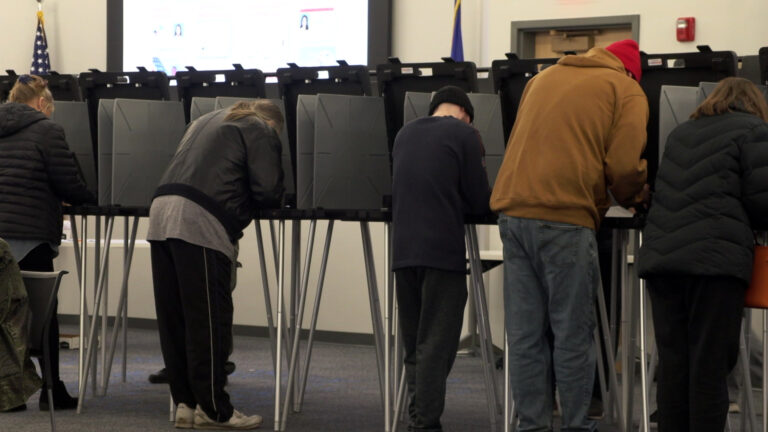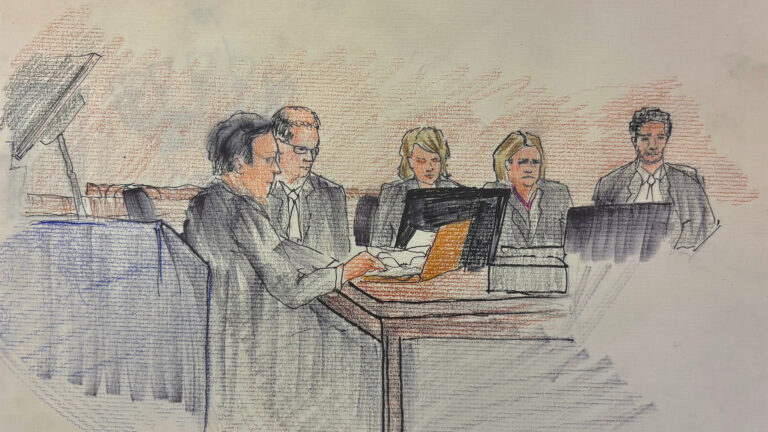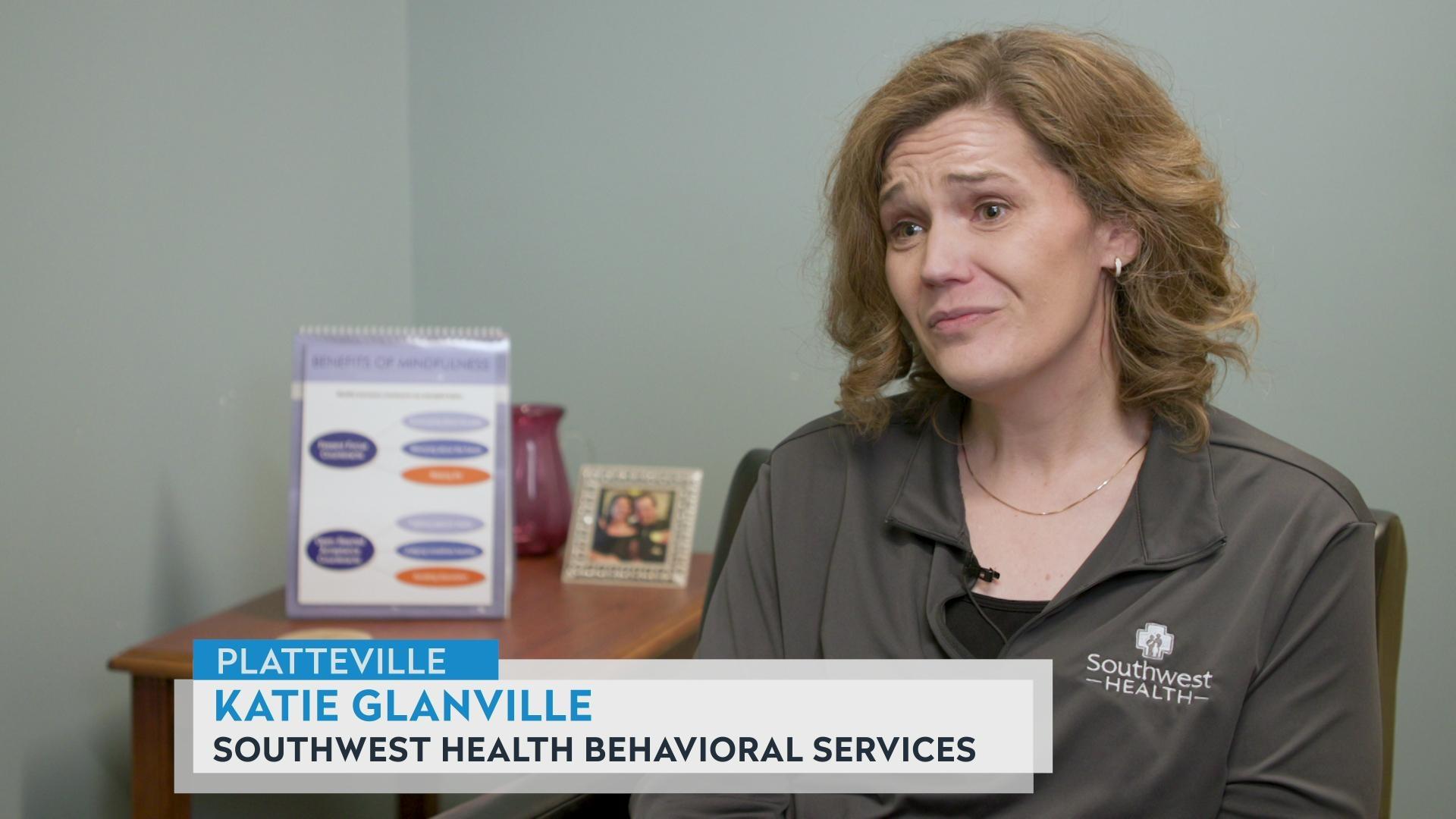Zac Schultz:
The ultrasound abortion bill is opposed by Democrats and pro-choice groups like Planned Parenthood, which say senate Bill 206 will force them to end abortion services at their Appleton clinics, leaving clinics in Milwaukee and Madison as the only abortion providers in the state. Also opposed to this bill is the Wisconsin Medical Society, which represents 12,000 doctors across Wisconsin. We spoke with immediate past president, Dr. Tosha Wetterneck.
Dr. Wetterneck, thanks for joining us.
Tosha Wetterneck:
Thanks for having me.
Zac Schultz:
The Medical Society is calling senate Bill 206 an infringement in the doctor-patient relationship. In what way?
Tosha Wetterneck:
This bill forces a woman to have an ultrasound if she is seeking an abortion. It also forces the doctor then to perform this ultrasound and to give a specific script of information that the government wants the physician to give to the woman. In this way, the government is inserting itself in between the patient and the physician in the exam room, and we oppose this interference in health care.
Zac Schultz:
In brief, what is the Medical Society’s position on abortion?
Tosha Wetterneck:
The Medical Society has the position that abortion is a controversial issue, obviously, but that it’s a legal medical procedure, and therefore physicians should be allowed to practice and to practice without government interference in the legal medical procedures.
Zac Schultz:
In large part, is this about a slippery slope argument, that if the government inserts this, then where does it stop?
Tosha Wetterneck:
That’s one of the arguments, but with this bill specifically, the ultrasound itself may be medically unnecessary and that’s unacceptable for patient care. Physicians don’t order medically unnecessary tests. But this bill mandates, across the board, ultrasounds for women who are seeking abortions and some of those ultrasounds will be medically unnecessary.
Zac Schultz:
Now, a late amendment to this bill allows a qualified person to perform the ultrasound and provide the oral report to the woman. Who are the technicians that may be doing this and are they trained or qualified to be dealing in the middle of this controversy?
Tosha Wetterneck:
From a physician perspective, when we refer patients for medical care, we’re expecting them to go to licensed medical facilities and to have all the rules and regulations that follow medical care be applicable for this care. So I would be concerned. I would want the Department of Health and Human Services, when they compile a list of free ultrasound clinics or places for woman to receive ultrasounds, to compile them with licensed medical personnel in licensed medical facilities so that patients can get the care they think they’re getting.
Zac Schultz:
Now another part of this bill requires the doctor performing an abortion to have admitting privileges at a hospital within the 30 miles. Planned Parenthood says this would actually require them to shut down their Appleton clinic. What are admitting privileges and what point does this requirement serve?
Tosha Wetterneck:
Sure. Admitting privileges means that the doctor could admit this patient to the hospital to take care of the patient as a patient in the hospital. This is an arbitrary type of rule. There are no other rules for any other procedures in the state of Wisconsin that mandate that a physician has to have admitting privileges and for that clinic to be within a certain distance from the hospital. So the state is actually arbitrarily placing a restriction on one medical procedure. And we believe that this is an unnecessary restriction.
Zac Schultz:
What does 30 miles have to do with anything?
Tosha Wetterneck:
Exactly. I don’t really know, actually.
Zac Schultz:
So when it comes to this bill, in your medical opinion, is there anything in it needed to protect the health of a woman seeking an abortion?
Tosha Wetterneck:
No. We already have adequate rules and procedures in place through state statutes and through the medical care that doctors provide to their patients every day based on the best available evidence. We don’t need this bill.
Zac Schultz:
So do you look into the motivations of those behind it as to why they would push this?
Tosha Wetterneck:
When I testified at this bill at the state senate hearing, the authors of this bill did give their motivations, and from a medical perspective this is unnecessary interference with medical care.
Zac Schultz:
All right. Dr. Wetterneck, thanks for joining us.
Tosha Wetterneck:
Thank you.
Search Episodes
News Stories from PBS Wisconsin

Donate to sign up. Activate and sign in to Passport. It's that easy to help PBS Wisconsin serve your community through media that educates, inspires, and entertains.
Make your membership gift today
Only for new users: Activate Passport using your code or email address
Already a member?
Look up my account
Need some help? Go to FAQ or visit PBS Passport Help
Need help accessing PBS Wisconsin anywhere?

Online Access | Platform & Device Access | Cable or Satellite Access | Over-The-Air Access
Visit Access Guide
Need help accessing PBS Wisconsin anywhere?

Visit Our
Live TV Access Guide
Online AccessPlatform & Device Access
Cable or Satellite Access
Over-The-Air Access
Visit Access Guide
 Passport
Passport


















Follow Us